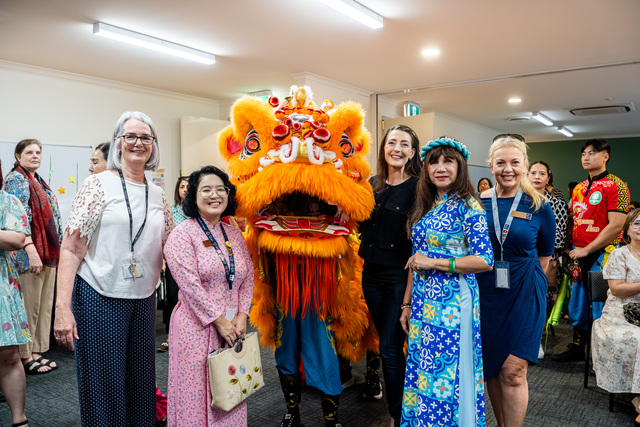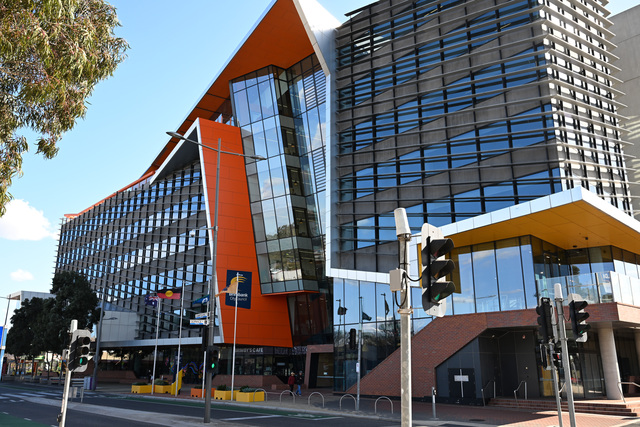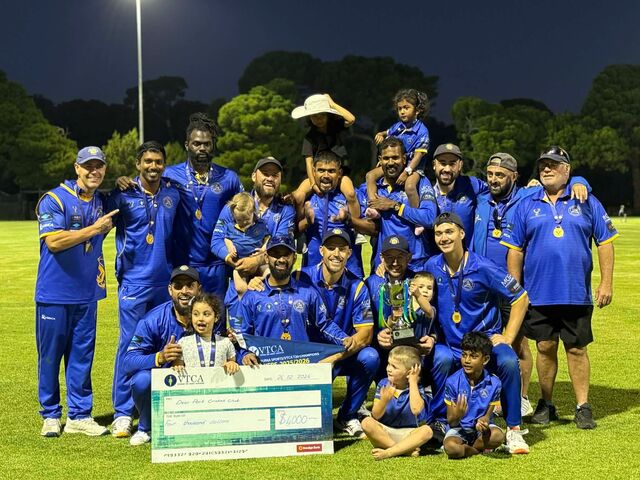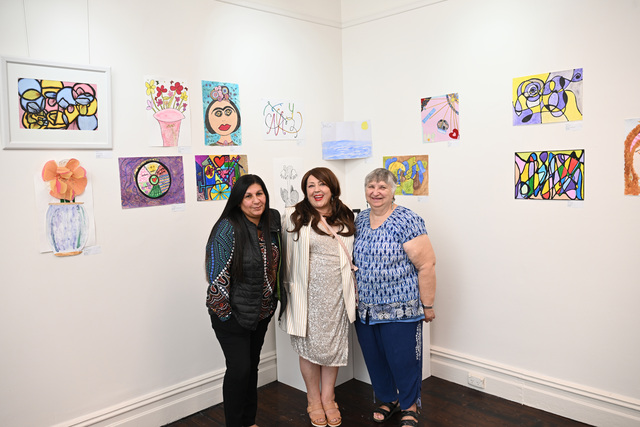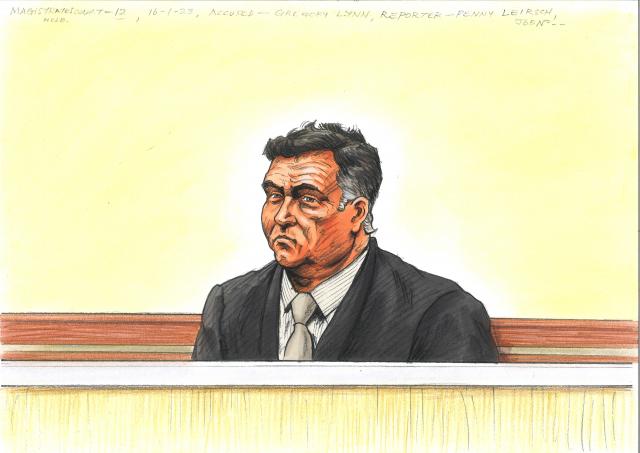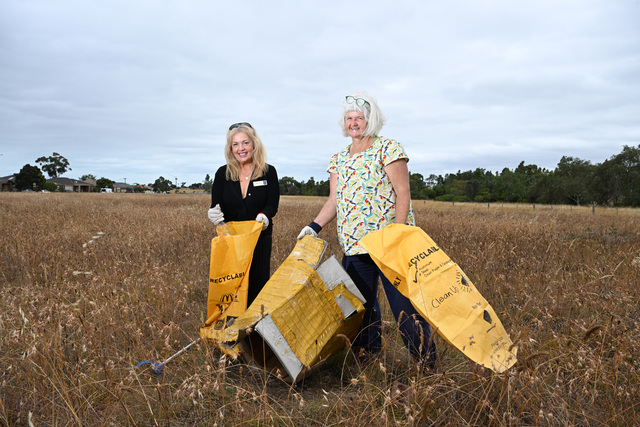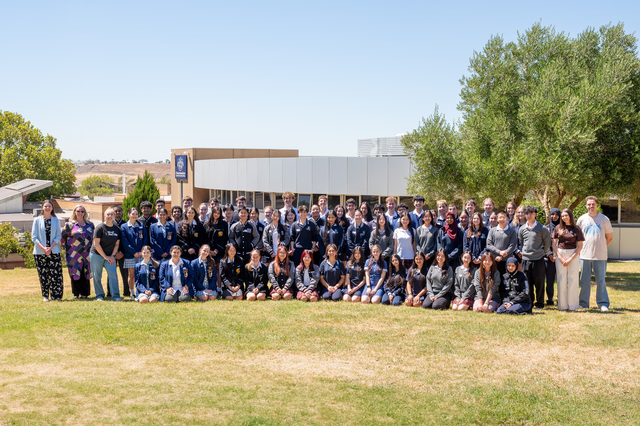Roles and real life are converging for the newest heroine of the world’s longest-running musical, who is released briefly from rehearsals.
Days earlier, as the cast of Les Misérables enacted student revolts from the French revolution, they were treated to a demonstration in real time as thousands converged on the city to protest Budget cuts to higher education.
“Life and art,” Patrice Tipoki muses in the crew room of Her Majesty’s Theatre. Nearby, a tour group of pensioners files excitedly past the backstage crossover covered with the signatures of the likes of Marcel Marceau, Dame Maggie Smith and Geoffrey Rush.
Soon Tipoki’s name will join them under the logo of Les Mis which, in its first Australian outing 27 years ago, provided the breakthrough roles for Marina Prior and Anthony Warlow.
“I still pinch myself every day,” Tipoki says of being cast as Fantine – the tritagonist of the blockbuster musical based on Victor Hugo’s sprawling French historical novel.
In truth Tipoki, who made her musical theatre debut at seven as one of the royal children in the first Gordon/Frost Production of The King and I, has long dreamed the dream.
“I was about six when I went to see Les Mis. I cried, I laughed, I fell in love with [the character] Marius and then went home and learnt every one of the songs. So, I guess you could say I was ready when the audition brief came,” says the now 30-year-old.
Still, Tipoki’s grey-blue eyes surfed through all 1488 pages of the original narrative before starting rehearsals for this reimagined version of the Cameron Mackintosh production, which has played more than 48,000 professional performances to more than 65 million people worldwide.
Set against the barricades of the June Rebellion of 1832 Paris, it’s a far cry from Tipoki’s last gig sharing the role of the witch Elphaba with Jemma Rix in the first Australian production of the hit musical Wicked.
For that role it took an hour in make-up to paint her the requisite Landscape Green shade of MAC chromacake. “It was beautiful make-up, but it was very, very hard to get off. I’d go out slightly tinted with bits of it in my ears and my hairline,” she says with a laugh.
For much of the time she had good reason to feel off-colour, being pregnant with her first daughter, Elisabeth, but “was very lucky I was well with that pregnancy; the second one was very different”.
When Wicked closed in Sydney, Tipoki elected not to continue in the role as the cast headed off on the tour of Asia, but she soon found herself occupied with new baby, Adelaide.
Tipoki says her daughters, now 4½, and 1½, have helped her connect with the new role. “Being a mother, playing a mother is a strong part of Fantine’s life I can identify with. It’s what drives her, wanting to do whatever she can to provide for her child.”
While the doomed Fantine is never reunited with her child Cosette, Tipoki’s daughters travel with her and she also continues to do the books and pay wages as business manager for her husband’s Sunshine Coast chiropractic business.
It’s a familiar way of life. For eight or nine years Tipoki’s parents David and Vickie, both of Maori heritage, toured their show Journey To Paradise, a celebration of Polynesian culture in song and dance, for the Queensland Arts Council.
Tipoki and her equally talented siblings were taught by correspondence until late primary school, after which they enrolled in Matthew Flinders Anglican College at Buderim.
Fast-tracked through school, Tipoki, who plays piano, saxophone and violin, became one of the youngest students accepted into the Western Australian Academy of Performing Arts. Roles in The Lion King and the Queen musical We Will Rock You followed before she won the role of understudy for Elphaba in 2008.
Through it all, Tipoki has remained true to her faith. “I grew up going to The Church of Jesus Christ of the Latter Day Saints with my family, but when I moved away at 16 going on 17 it was the first opportunity I had to decide if I wanted to stay with it,” she says.
Today her faith informs everything she does and, in a public testimonial filmed for the Mormon church, she credits her faith for sustaining her through the loss of her younger brother Maui in a car accident three days before her wedding to Richard Arkins.
“Because of my belief in eternal families, I don’t feel despair. I am blessed with a peace … I can see him again.”
Family is a cornerstone of Tipoki’s life, with her grandmother Patty – a former cruise ship performer who still sings and dances in duet with husband Robbie – helping out with the children, and her big sister Laura helping keep all the Les Mis cast on song as the production’s associate music director.
Tipoki works with young women as part of her church calling and is conscious of being a role model. It’s one of the reasons she was not overly upset when Girlband – the group brought together by her agent under the spotlight of a TV documentary crew in 2006 – fizzled out, in spite of a successful national tour supporting Rogue Traders and a second single Electric charting at number 28.
“When we started out we were more aiming at the tween market, so it was pretty clean and wholesome, but the second single was more aimed at the club market.”
By then the group was being compared to the raunchy Pussycat Dolls and stylists were really pushing Tipoki’s boundaries.
While Fantine, who is ultimately forced into prostitution selling her body as well as her hair and teeth, hardly fits the Mormon model of virtue, Tipoki says the tragic heroine’s circumstances “make me feel I can be completely immersed in it and not contradict what I feel”.
Of more concern to her family and friends was whether she was going to sacrifice her cascading hair.
But there are wigs – in fact 185 of them and some 392 costumes – in the glorious reprise of librettist Alain Boublil and composer Claude-Michel Schönberg’s musical, enhanced by incredible digital projections based on Hugo’s own drawings.
Already you can hear the people sing.
WATCH » Les Misérables opens at her Majesty’s Theatre on July 3, previews start on June 22.


